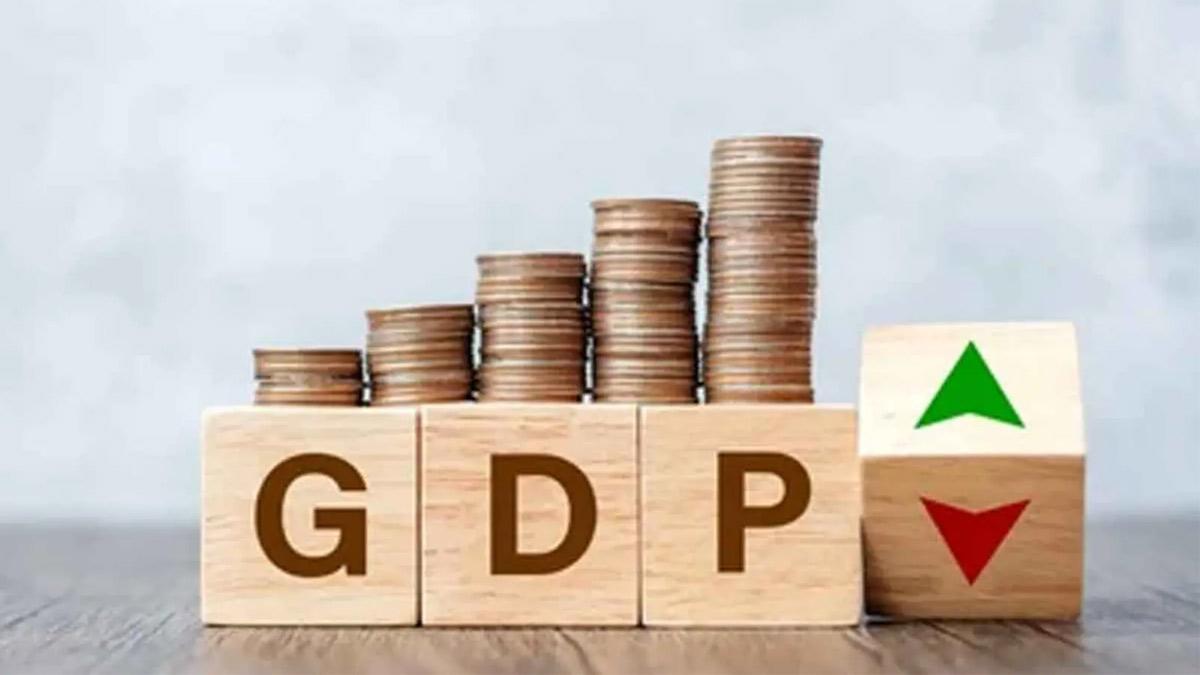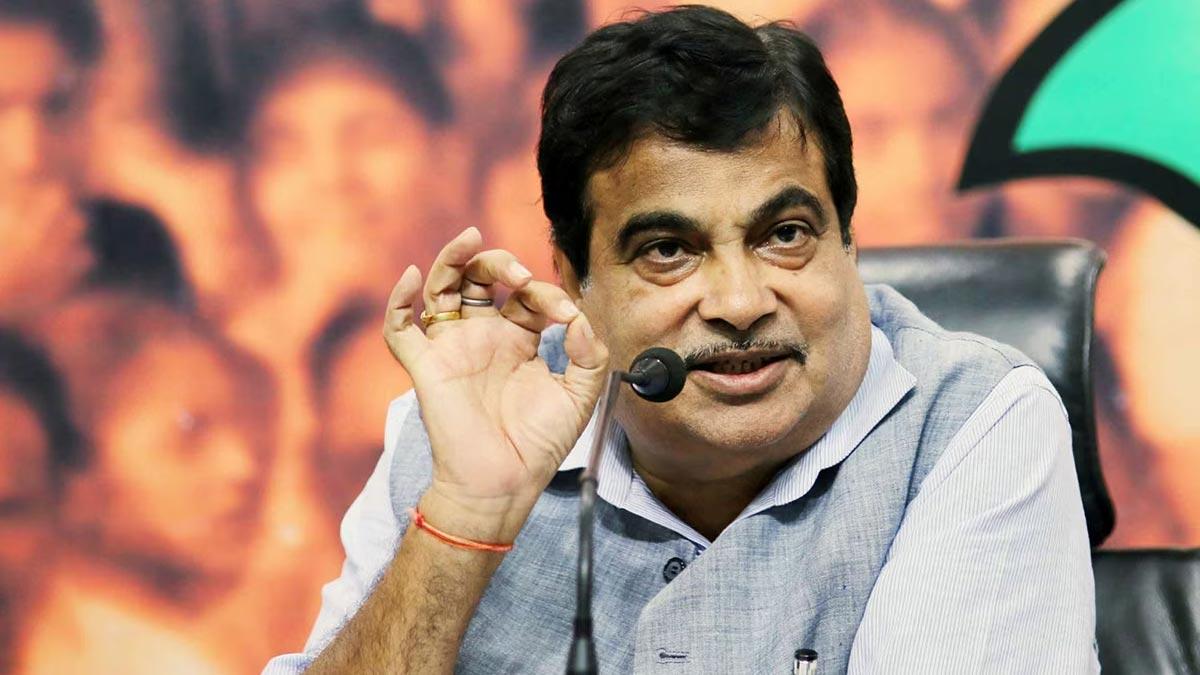According to Mastercard Economics Institute, India will be the fastest-growing major economy in 2025 both regionally and globally, driven by a robust middle class and sustained investment, the institute said in its annual economic outlook report on Monday.
The MEI’s report for the Asia Pacific region also highlighted India as the fastest-growing major economy with an anticipated GDP growth of 6.6 per cent and consumer spending projected at 6.2 per cent in 2025.
The country remains resilient amid global economic challenges with sustained investment and a robust middle class buoyed by multiple growth levers and likely to be among the top contributors to global growth in 2025, the report added.
It also experienced phenomenal growth in women's labour force participation among those aged 25-54, rising by 12 percentage points from 2019 against 1 percentage point growth in the same age for men.
The growth of "The SHEconomy" has also resulted in the fact that the cyclical labour force participation rate of women in India recovered more than fully to levels of 2019.
MEI projects 3.2 percent global GDP growth in 2025, after a 3.1 percent pace in 2024. Growth is expected to remain strong in the US, India, and the Gulf Cooperation Council (GCC), with modest expansion in Europe and much of Latin America and the Caribbean (LAC).
If 2024 was about 'getting back to normal', 2025 is about normalisation as volatility subsides and easing monetary policy allows consumers to benefit from economic growth," said David Mann, chief economist, Asia Pacific, Mastercard. "However, policy decisions like potential interest rate rises in Japan or US tariffs could significantly impact this growth. Businesses should leverage consumer optimism while preparing for potential trade disruptions," Mann added.
The report noted the vital importance of remittances for the APAC economies as four out of the top five recipient countries were from the region, and among them, India was also a country. The unique economic environment for Japan includes continued inflation volatility, historic low levels of the Yen, and the continuation of tourism boom and high-end luxury spending.
According to report, with Australia, New Zealand, and Singapore having experienced stronger shocks than any other region, these economies most likely gain relief as levels of inflation continue to fall to nearly 2-3 per cent and corresponding central banks ease out their individual monetary policies said Mann.
"The individual government's policies can substantially have spillover impact in the year 2025", said Mann.
Read also| Bangladesh's Forex Reserves Fall to $18.61 Billion
Read also| Narayana Murthy Reaffirms Support for 70-Hour Workweek, Urges Youth to Work Hard


















